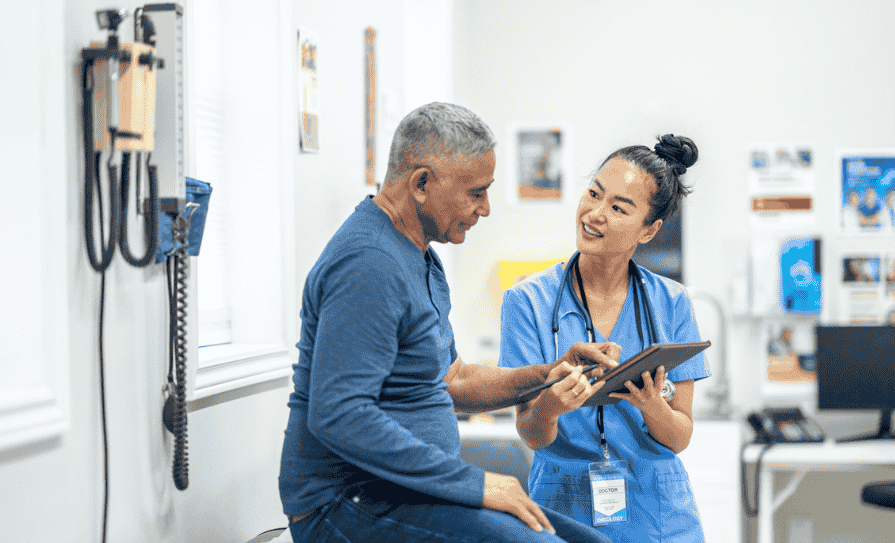The Union for International Cancer Control (UICC) has released its World Cancer Day 2024 Equity Report, which provides local perspectives and experiences on inequities in cancer care in regions around the world, as well as expert recommendations on how to address them. In particular, the report includes insights and perspectives from cancer leaders in Australia, Brazil, China, Hong Kong, Kenya, Lebanon, Japan, Jordan, India, Malaysia, Mexico, Nigeria, Portugal, South Africa, Sweden, Turkey, and the UK.
The UICC has organised World Cancer Day on 4 February since 2000 and has turned it into one of the largest health awareness days of the year. 2024 marks the last year of the ‘Close the Care Gap’ campaign, which highlights the significant inequities that persist across the globe in the availability of and access to essential cancer services.
“UICC’s World Cancer Day 2024 Equity Report shines a light on the barriers to care and significant disparities in outcomes due to prejudices and assumptions based on socioeconomic status, gender, and other cultural norms, race and ethnicity, age, geographical location, sexual orientation, and disability,” said Prof Jeff Dunn AO, President of UICC. “More importantly, it provides local insights into the challenges we face in diverse regions, guiding us toward targeted solutions.”
While the different sections offer recommendations tailored to that specific country or region, UICC also provides in the report nine general recommendations to governments to bridge the cancer care gap:
- Foster patient-centred care that acknowledges the unique needs of all patient populations, encouraging patient engagement in their care decisions.
- Increase funding for cancer research and encourage collaboration between researchers, healthcare providers and community organisations to understand and address disparities.
- Establish a population-based cancer registry to guide policy decisions and resource allocation, and evaluate control strategies.
- Implement an effective national cancer strategy based on an evidence-based assessment of the countrywide cancer burden, addressing financial hardship and barriers faced by underserved populations.
- Incorporate comprehensive cancer services into national health benefit packages to achieve universal health coverage.
- Enhance health literacy and education around cancer, using culturally appropriate materials and training for healthcare providers on effective patient communication.
- Regulate the production, sales, and marketing of carcinogenic products (tobacco, alcohol, ultra-processed foods) through increased taxation, marketing limitations, improved product labelling and public education campaigns. 30-to-50 per cent of cancers can be prevented by acting on modifiable risk behaviours.
- Implement routine screening programmes for common cancers, integrate them into existing healthcare programmes, and utilise telemedicine services and mobile units to reach remote populations. The earlier a cancer is detected, the more successfully it can be treated and the less it costs to the health system.
- Address the systemic social determinants of health that impede an individual’s ability to access cancer care, tackling prejudices, and assumptions based on diverse social markers.
To further mark the final year of the Close the Care Gap campaign, UICC is mobilising a global call to action that echoes the sentiments and recommendations expressed in the World Cancer Day 2024 Equity Report, urging national cancer organisations and citizens to advocate for equitable healthcare by contacting their respective health ministries.
UICC is also sending a letter to all Heads of State and Government through their missions in Geneva, Switzerland, inviting them to seize the opportunity presented by World Cancer Day on 4 February to make a public commitment or announcement aimed at improving equity in health and cancer care in their nation. Such actions by governments on World Cancer Day in the past have served as pivotal moments for positive change.










Leave a Reply
You must be logged in to post a comment.